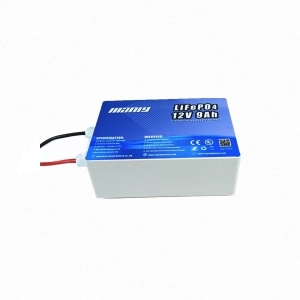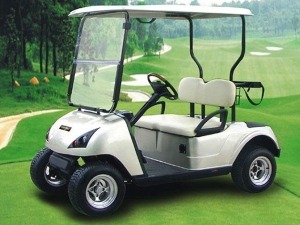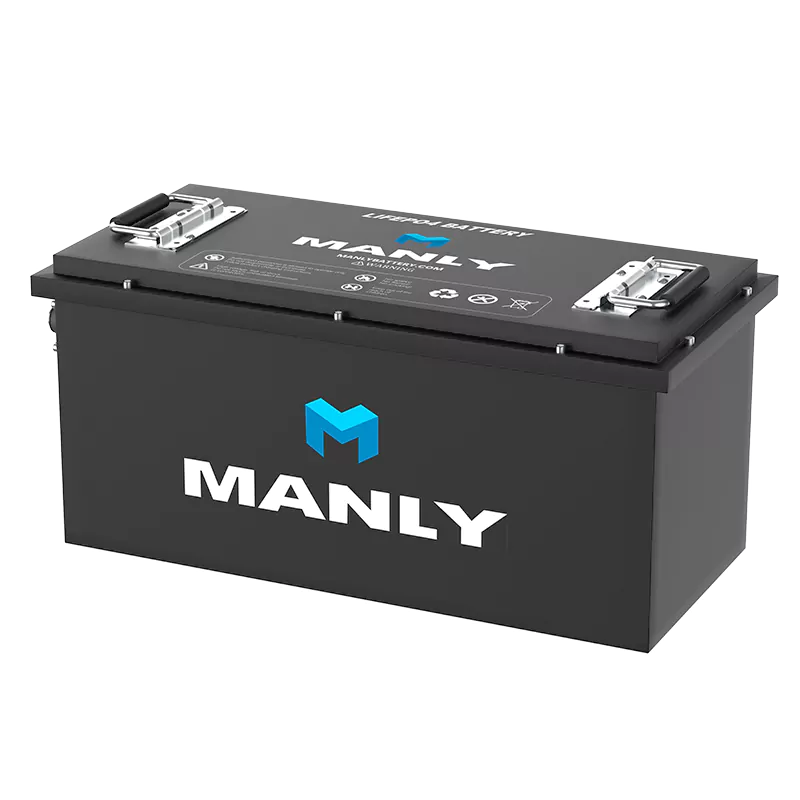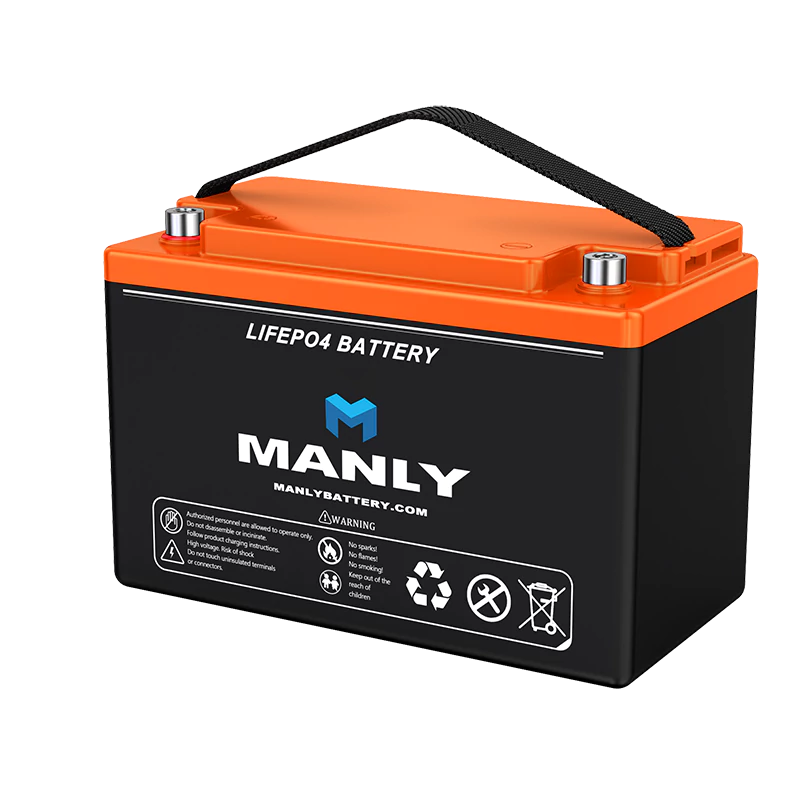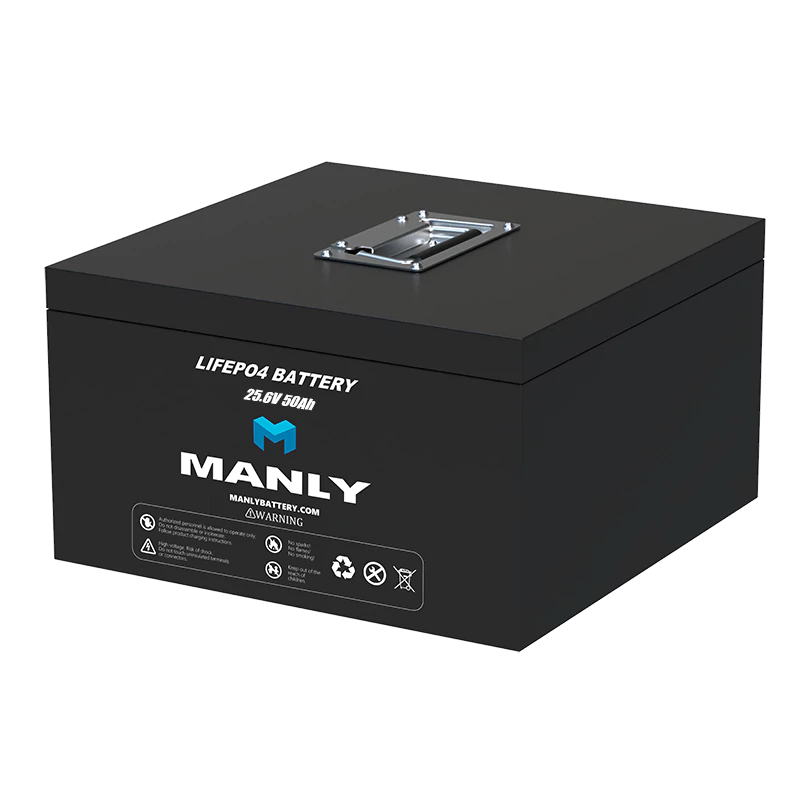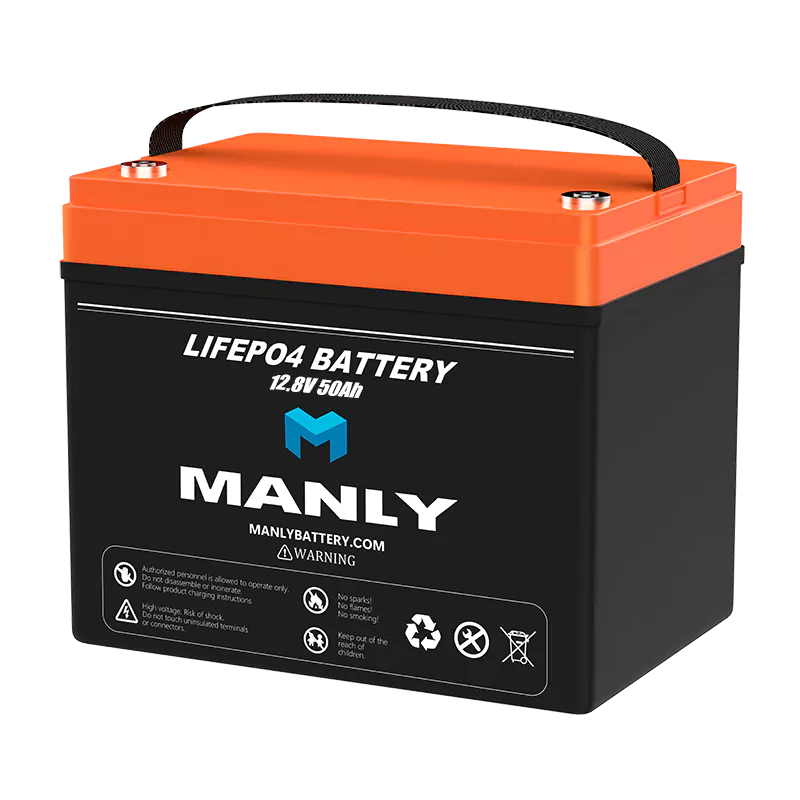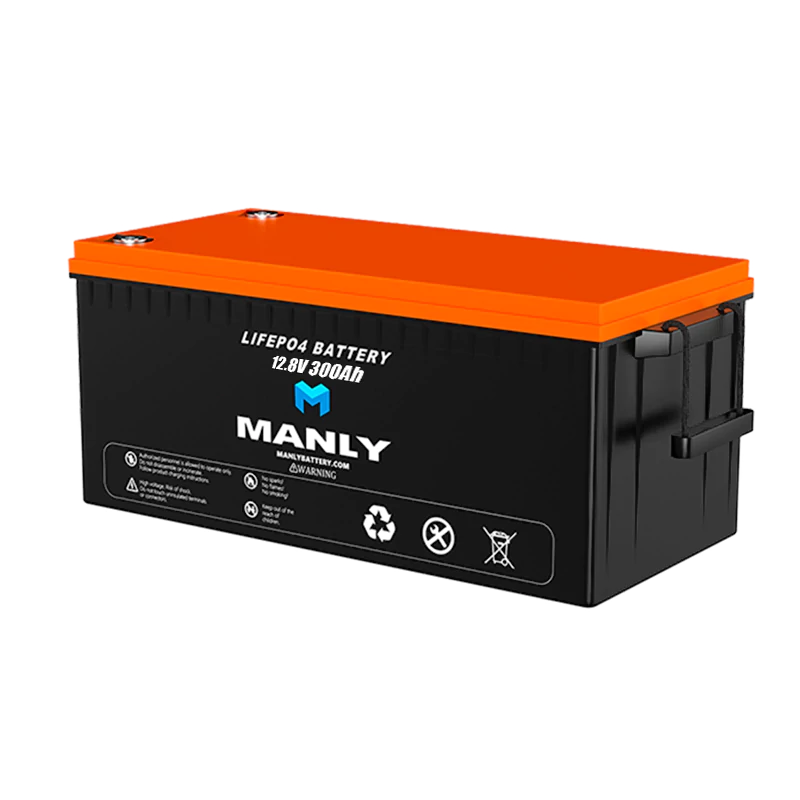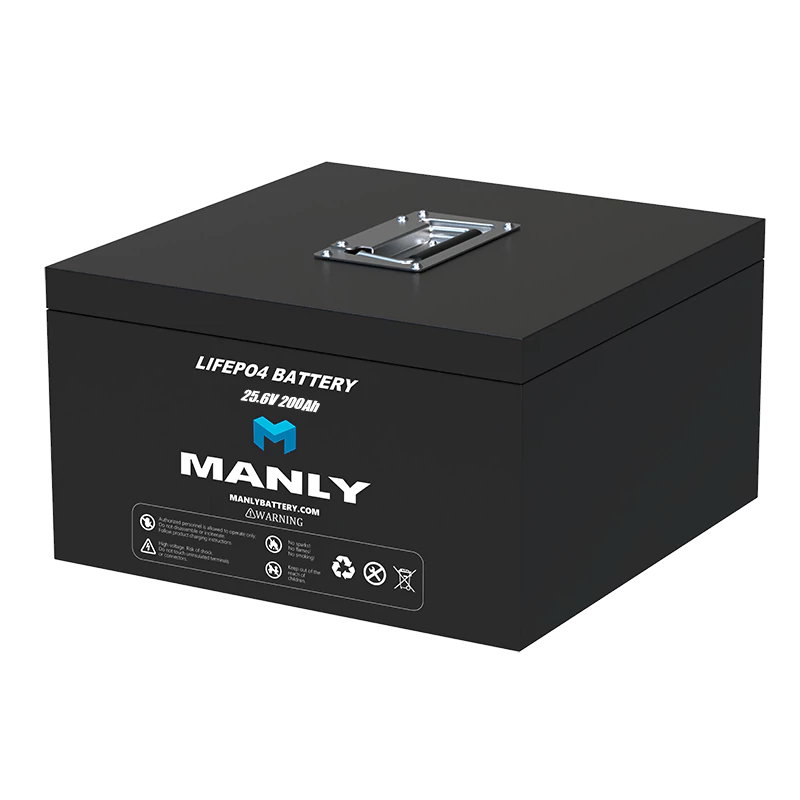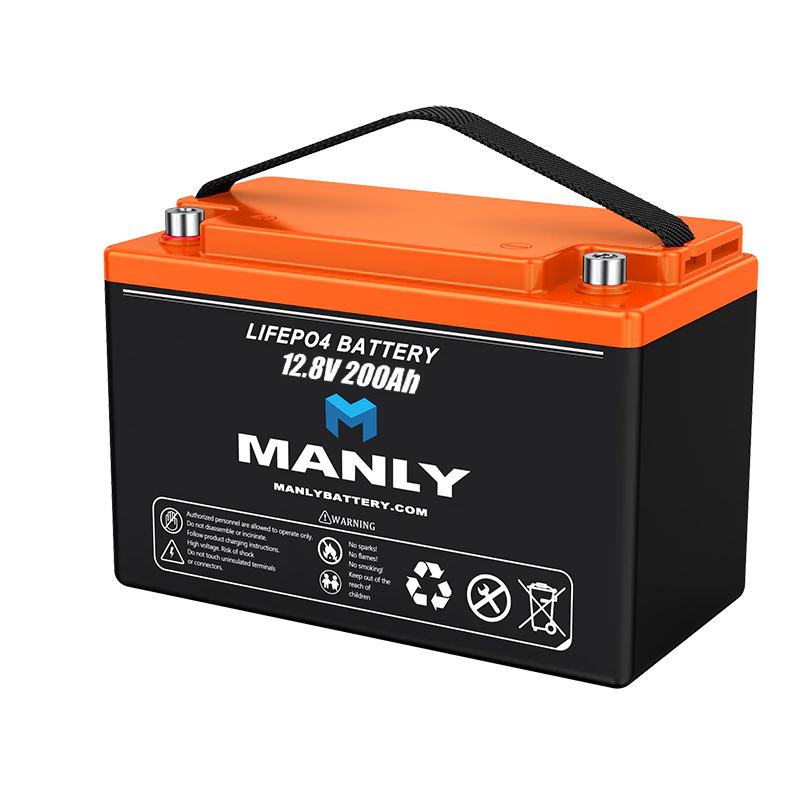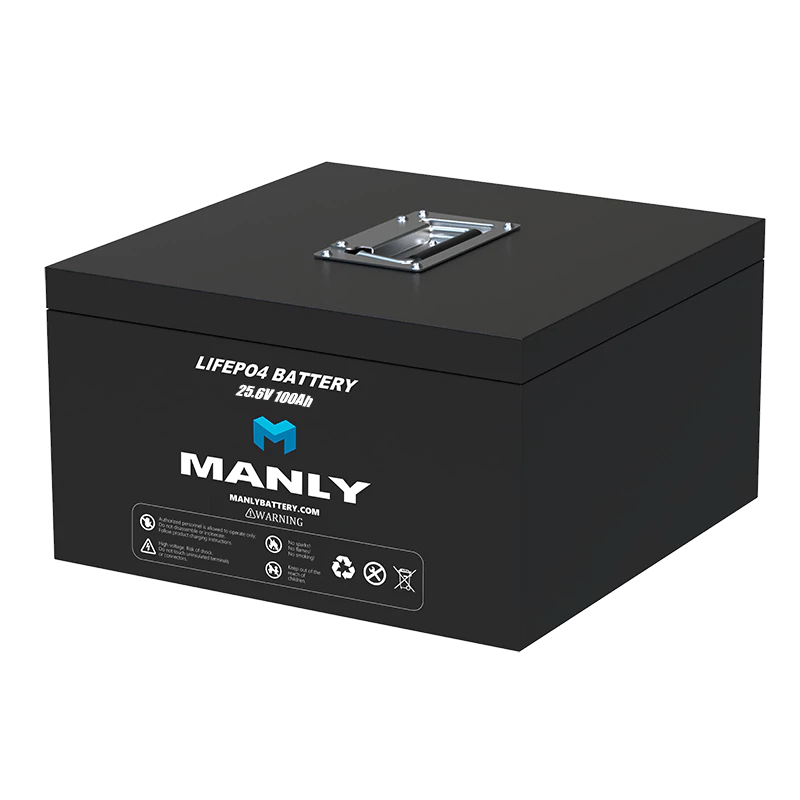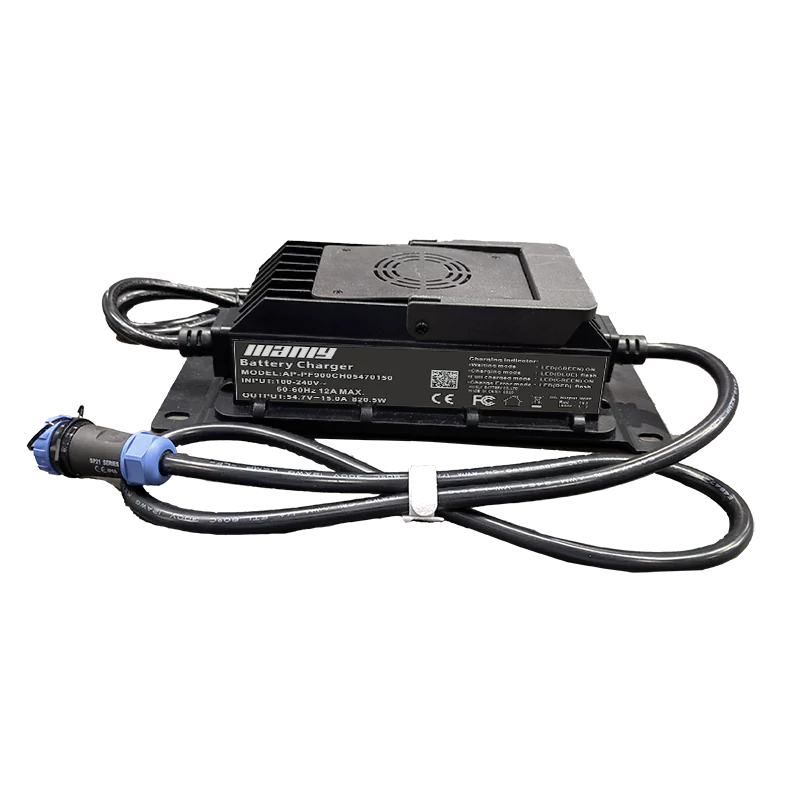Power Play: Revealing the Best Boat Batteries for Your Marine Adventures
Table of Contents
- Power Play: Revealing the Best Boat Batteries for Your Marine Adventures
- Different Types of Boat Batteries
- Choosing the Right Boat Battery: Flooded, AGM, or Lithium?
- Do You Need More Than One Battery for Your Boat?
- Why Choose a 12V Battery for Boats
- Picking the Right Battery Supplier
- Features to Look for in a Boat Lithium Battery
- Modern Technologies in Boat Lithium Batteries
- Maintenance Tips for Boat Lithium Batteries
- Environmental Impact of Boat Batteries
- Expert Tips for Installation of Boat Lithium Batteries
- MANLY Battery’s Footprint in Boat Lithium Batteries
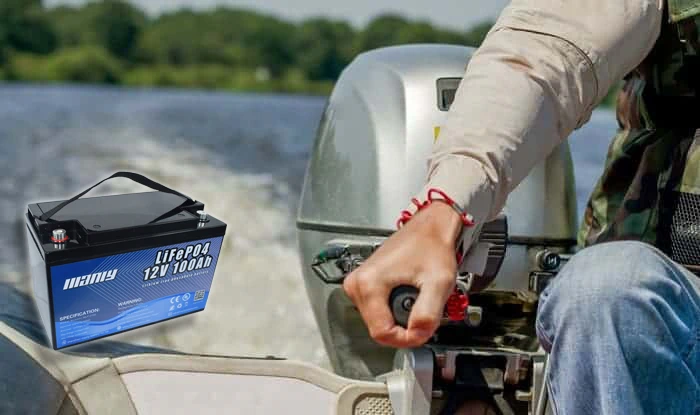
Different Types of Boat Batteries
In the marine sector, two types of batteries empower the boats:- The revered lead-acid battery
- The cutting-edge boat lithium battery
Choosing the Right Boat Battery: Flooded, AGM, or Lithium?
Exploring the Varieties: Flooded, AGM, and Lithium Boat Batteries
Boat batteries come in three main types, each with unique features and chemistry: Flooded Lead Acid, AGM (Absorbent Glass Mat), and Lithium Iron Phosphate (LiFePO4). Let's dive into what sets each apart:Flooded Lead Acid Batteries
- Affordability: These are the most budget-friendly among the three.
- Lifespan: They have the shortest life expectancy.
- Maintenance Needs: These batteries are not fully sealed and need regular topping up with distilled or deionized water.
- Discharge Rate: They lose charge quicker when not in use.
- Versatility: You can find them as starting, deep cycle, or dual-purpose batteries.
AGM Batteries
- Cost: AGM batteries are more costly initially than flooded ones.
- Durability: They can last two to three times longer than flooded batteries.
- Maintenance-Free: Fully sealed, they don't require extra care.
- Storage Discharge: Slower discharge rate compared to flooded batteries.
- Charging Speed: These can charge up to five times quicker than their flooded counterparts.
- Temperature and Vibration Resistance: They handle extreme conditions and vibrations better.
- Weight: Lighter than flooded batteries.
- Types Available: Like flooded batteries, available as starting, deep cycle, or dual-purpose.
Lithium Iron Phosphate Batteries
- Investment: The most expensive option initially.
- Longevity: These last three to four times longer than flooded batteries.
- Maintenance: No additional maintenance needed, as they are fully sealed.
- Self-Discharge Rate: Lowest among the three types.
- Discharge Capacity: Can be used up to 90% of their capacity before needing a recharge.
- Charging Time: Charges four times faster than most AGM batteries.
- Resistance to Extreme Conditions: Highly resistant to vibrations and extreme heat.
- Weight Advantage: About 55% lighter than AGM batteries.
- Available Type: Only available as deep cycle batteries.
Do You Need More Than One Battery for Your Boat?
For smaller boats with fewer gadgets, one starting battery often suffices. However, if your boat has a larger motor or numerous accessories, it's wise to consider additional power sources. You might need both a starting and a deep cycle battery, or you could opt for a versatile dual-purpose battery. This decision hinges on the specific power requirements of your boat.1. Assessing Your Boat's Battery Requirements
Boats generally demand a substantial amount of power, more so than typical land vehicles. Consequently, it's common to require multiple batteries on board, especially for boats beyond a basic size. For small boats, a minimum of two batteries is often recommended. If your boat has dual engines, includes a trolling motor, or if you plan to spend extended periods on the water, having three batteries is standard for safety and reliability.2. The Need for Multiple Batteries Explained
Multiple batteries on a boat serve two crucial purposes:- Starting Load vs. House Load: Boats usually need two kinds of power - starting load and house load. The starting load powers up the engines and is supplied by the starting battery. The house load, managed by a secondary battery, keeps all your boat’s electronics operational.
- Preventing Accidental Stranding: With separate batteries for starting and house loads, you avoid draining the essential starting battery with electronic usage. This setup ensures you always have enough power to start the engine and return to shore safely.
| Initial Power Requirements | Cycle Load Demands | Basic Starter Battery | Standard Deep Cycle Battery | Combined Function Battery | AGM Type Combined Function Battery |
|---|---|---|---|---|---|
| Moderate | None | ✓ | ✓ | ✓ | |
| Moderate | Moderate | ✓ | ✓ | ✓ | |
| Moderate | Heavy | ✓ | ✓ | ||
| Heavy | None | ✓ | ✓ | ✓ | |
| Heavy | Moderate | ✓ | |||
| Heavy | Heavy | ✓ | ✓ |
Why Choose a 12V Battery for Boats
Initiating your adventures on the waters with a 12V battery for boats provides you with countless benefits that lead to an efficient marine experience. The big role of the 12V system in marine applications is undeniable as it delivers strong power that empowers distinct onboard systems. The 12V battery is considered the spine of electrical setups. It guarantees compatibility across various sections such as navigation equipment and lighting to create a cohesive and dependable network.The 12V system, unlike its counterparts, is a powerhouse that delicately brings power output and conservation into equilibrium. It can properly meet the distinct energy requirements of marine settings. The 12V battery for boats is certainly a favorable choice as a dependable source of energy that keeps your voyage well-lit and smooth.Picking the Right Battery Supplier
Choosing between a plethora of battery suppliers requires you to study them carefully in advance. Whether you tend to acquire a lead-acid battery or a boat lithium battery, the battery supplier you choose is of great importance. When trying to handpick the right battery supplier, it's important to prioritize essential factors that certainly lead to lasting partnership. Reputable battery suppliers provide high-quality batteries that can withstand rigorous marine conditions. Warranty is critically important as it acts like a safety factor that assures you of being protected against unpredictable challenges. A trustworthy supplier supports its customers and products, which is what depicts confidence in the great quality and performance of its batteries. What's more, customer reviews are like a compass that guides you in making exact decisions. Additionally, real-world experiences from anglers can comprise worthwhile insights into the reliability, customer service, and overall performance of the battery supplier and its boat batteries. If you arm yourself with these references and meticulously assess the quality, warranty, and customer satisfaction level of the battery suppliers, you can ultimately decide on the most outstanding battery supplier that furnishes delightful and dependable marine adventures.Features to Look for in a Boat Lithium Battery
To determine the most satisfactory boat lithium battery, you need to strategically assess the imperative features of these batteries that can sweeten your marine adventure. These features include:- Capacity
- Power
- Weight
- Size
- Longevity
- Maintenance


